This section is for paid subscribers only. Our subscription is only $3700/- for one full year.
You get unlimited access to all paid section and features on the website with this subscription.
Subscribe to read full article
This section is for paid subscribers only. Our subscription is only $37/- for one full year.
You get unlimited access to all paid section and features on the website with this subscription.
Not ready for a full subscription?
You can access this article for $2, and have it saved to your account for one year.
- Release Date1940
- GenreSocial
- FormatB-W
- LanguageHindi
"BHAROSA" is a tale of sin both hideous and charming. When a man is strong, sin is hideous. When he is weak, it becomes charming. When he is defeated, it burdens his soul with its crushing weight. And that is not all. Some times such far-reaching are the poisonous effects of sin that they stagger human imagination. And yet man sins because he is human and prone to err.
The hero of our story too is just human and no more. Goaded by circumstances and unable to resist temptation, he sins. And then a thousand repentances, millions of tears, innumerable penances, but they are of no avail. Once the seed of sin is sown, he must reap the fruit, is the Law of Destiny. Nay, more. His children must also suffer according to the Biblical Maxim:—"Sins of fathers shall be visited on their children."
Gyan and Rasik were great friends. They trusted each other with uncommon faith. That is why no one was surprised when Gyan, leaving for Africa on some business, decided to leave his young and beautiful wife, Shobha, with Rasik. He did not want Shobha to return to the unhealthy climate of Africa, which was particularly damaging to her health. Rambha, Rasik's wife, and Shobha's friend agreed with Gyan and insisted on Shobha remaining with them. Rasik saw danger in this. He could not tell them that it was too dangerous. How could he? From, the day he had seen Shobha, he admired her silently but with rare devotion and consuming passion. It was only the presence of Gyan and the thought of the tremendous faith—bharosa--he had in him which had kept him steady. He was afraid that in his absence he might stumble and fall and thus prove unfaithful.
But the course of Destiny was set. A tragic struggle and a grim trial waited for him. He steeled himself and with all the strength at his command resisted. It was a desperate struggle and his strength of resistance was put to greater trial when one day his wife Rambha left for her parents' home. Now with the absence of his wife, the path to the intoxicated passion lay open and unguarded. Lonely, tired, and overwhelmed with the weight of continuous struggle, his emotions growing wilder, he allowed himself to be dragged to the path of least resistance and gave up the struggle. Little did he know that hidden in the dark future lay a dead-end whence there would be no turning back. Poor Rasik! He could not stand up to the trial any more and in one fateful moment of a terrible nightmare, he sinned dragging with him unfortunate Shobha. Then followed the dawn of biting and remorseful consciousness. But they were helpless. The past is immortal. The terrible seed of sin was sown and the harvest must be reaped at its proper time.
Days, weeks, and months passed. Their moment of sin flowered into an innocent and tender child—Indira. In the meantime, Gyan returned from Africa. Good-natured and unsuspecting he showered all his love on the little child, caressing her as a loving father least knowing what had happened behind his back. He had unflinching faith—bharosa—in Rasik and loved him passionately. Noticing a growing attachment between Indira and Madan, Rasik's son, he announced his intention of marrying them when grown-up, thus cementing their friendship with ties of relationship. Rasik and Shobha were dumb-founded. How can it happen, the marriage of Madan with Indira? But how to prevent it? Unable to bear the pangs of sin any longer Shobha in a mad moment decided to strangle little Indira.
But Destiny had planned otherwise. Gyan's sudden appearance on the scene foiled her nefarious plan. The shock was too great for her and she succumbed under a double weight. The sin had its toll!
Slowly time moved on. The childlike attachment between Indira and Madan grew into ardent love for one another. Gyan was happy and so was Rambha, the wife of Rasik. But for Rasik it was most embarrassing. A most trying situation developed when Gyan makes final preparations in consultation with Rambha for the marriage of Madan and Indira. And Rasik is all the more determined to prevent the marriage at any cost and when he finds that all his entreaties, warnings and even bluffing are not heeded to by Gyan, he makes immediate arrangements to marry Madan to one Janaki, the daughter of his Solicitor. The stage is set for this marriage. The guests are there, Janaki is waiting but where is Madan? No one knows. No one can tell except Gyan who calmly tells Rasik that Madan is safely and quietly married to Indira at his friend's house in Poona.
Married? Horrible! Madan and Indira—brother and sister—married? It took the whole of Rasik's strength to suppress a cry of horror escaping his lips. He rushed to Poona and with the ominous calm, born of a..terrible doom...What did he do?
Innocent and ignorant of their parents' sin Madan and Indira had chosen the path to happiness but now they had to face the fatal path... Gyan, poor Gyan! All his life he had placed unflinching faith—bharosa—in Rasik. And had he placed the same faith—bharosa— in Rasik's determined opposition to the marriage of Madan and Indira, he would not have been left alone to suffer the pangs of a double tragedy.
[from the official press booklet]
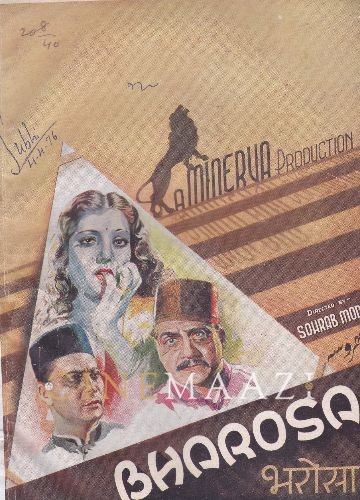
Cast
-
Chandramohan
Rasik -
Sardar Akhtar
Shobha -
Maya Devi
Rambha -
Naval
Madan -
Eruch Tarapore
Vakil -
Gulab
Savitri -
Menaka
Malan -
Abu Bakar
Mali
Crew
-
BannerMinerva Movietone, Bombay
-
Director
-
Music Director
-
Lyricist
-
Screenplay
-
Dialogues
-
Cinematography
-
Sound Recording/ Audiography
-
Art Director/Production Design
-
Choreography



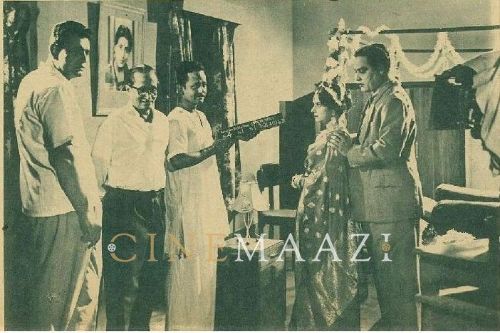



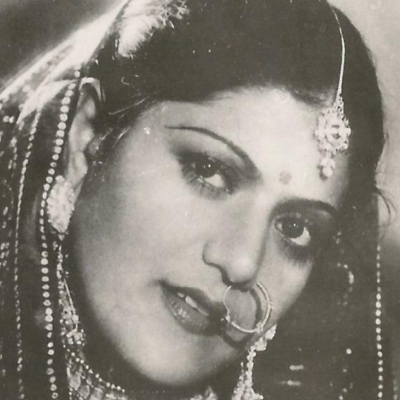
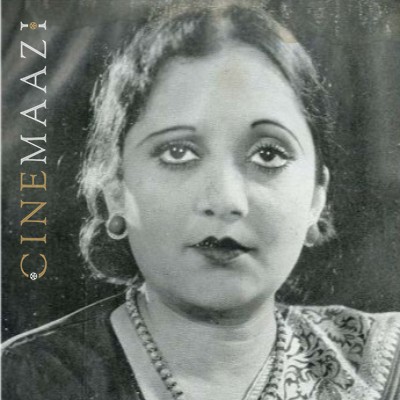

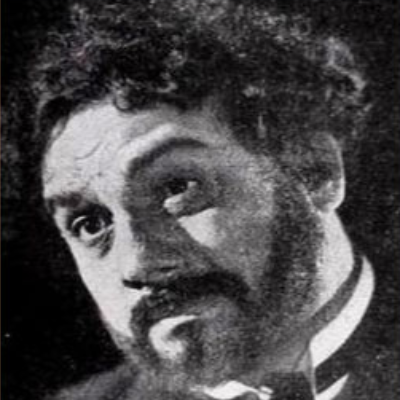
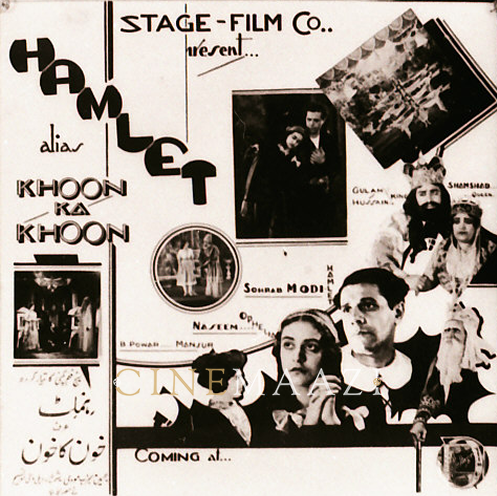

.jpg)




